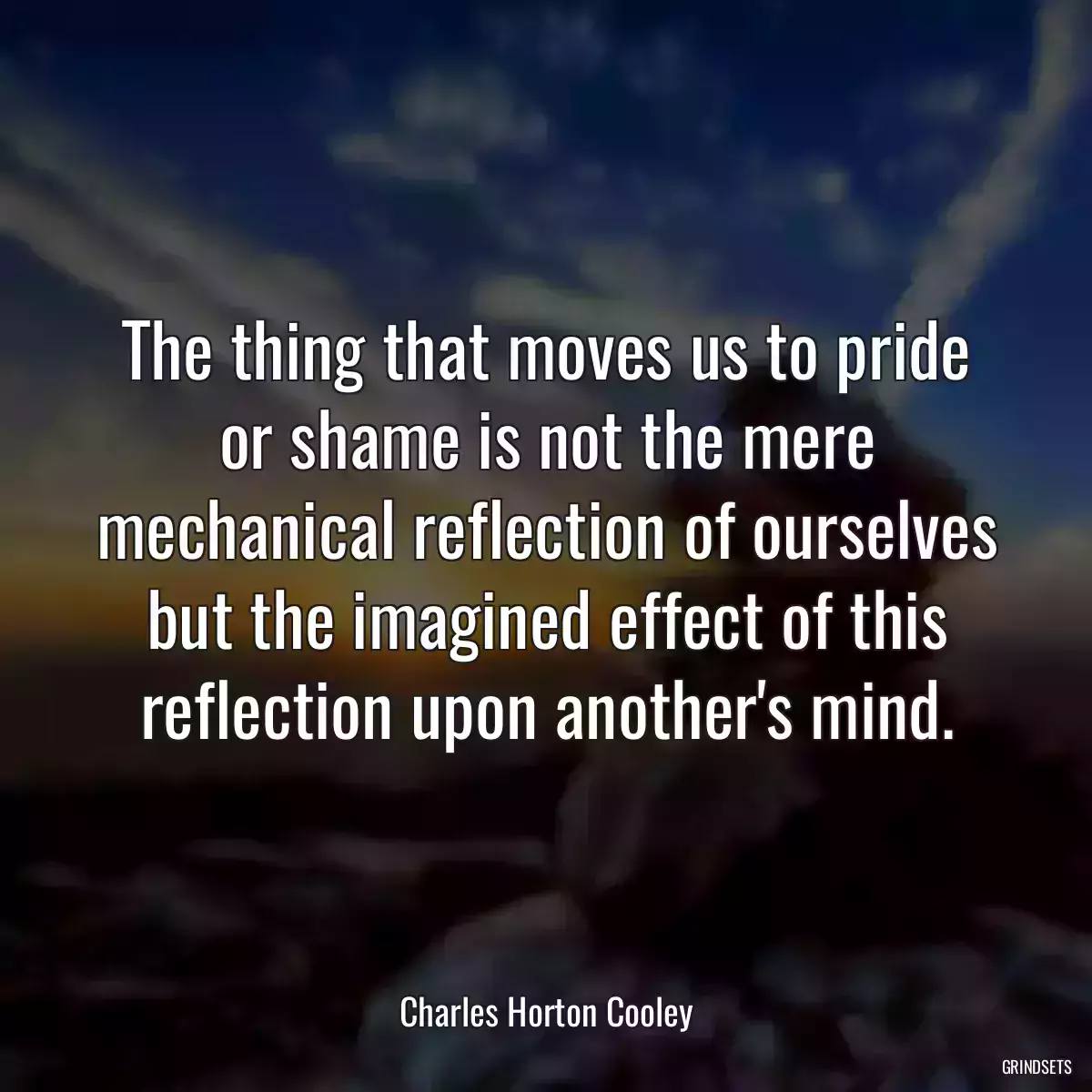
The thing that moves us to ...

More phrases
Being self-made is a state of mind, and once you put that mentality to work, your success will come.
Dave East
A lot of people change for good. Some people just fall off. Just trying to progress in anything, no matter what you're doing, I feel like any progression you make... some people aren't gonna be around you that were around you.
Dave East
What a distressing contrast there is between the radiant intelligence of the child and the feeble mentality of the average adult.
Don't settle in the land of barely enough. That is where you are, it is not who you are. That's your location, it's not your identity. No matter what it looks like, have an abundant mentality.
Everything in your life, every experience, every relationship is a mirror of the mental pattern that is going on inside of you.
Quotes from the same author
One who shows signs of mental aberration is, inevitably, perhaps, but cruelly, shut off from familiar, thoughtless intercourse, partly excommunicated; his isolation is unwittingly proclaimed to him on every countenance by curiosity, indifference, aversion, or pity, and in so far as he is human enough to need free and equal communication and feel the lack of it, he suffers pain and loss of a kind and degree which others can only faintly imagine, and for the most part ignore.
Charles Horton Cooley
One of the great reasons for the popularity of strikes is that they give the suppressed self a sense of power. For once the human tool knows itself a man, able to stand up and speak a word or strike a blow.
Charles Horton Cooley
So far as discipline is concerned, freedom means not its absence but the use of higher and more rational forms as contrasted with those that are lower or less rational.
Charles Horton Cooley
So far as discipline is concerned, freedom means not its absence but the use of higher and more rational forms as contrasted with those that are lower or less rational. A free discipline controls the individual by appealing to his reason and conscience, and therefore to his self-respect; while an unfree control works upon some lower phase of the mind, and so tends to degrade him. It is freedom to be disciplined in as rational a manner as you are fit for.
Charles Horton Cooley
The idealist's program of political or economic reform may be impracticable, absurd, demonstrably ridiculous; but it can never be successfully opposed merely by pointing out that this is the case. A negative opposition cannot be wholly effectual: there must be a competing idealism; something must be offered that is not only less objectionable but more desirable.
Charles Horton Cooley